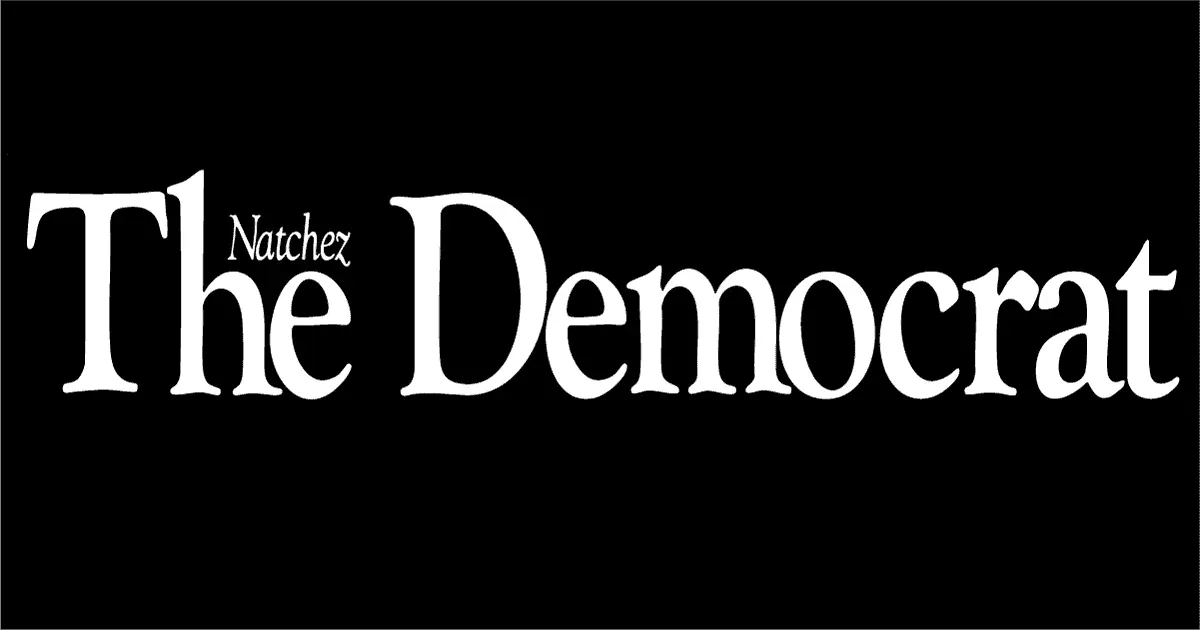Pavel Durov Says Russia Tried to Poison Him After Telegram Refused Encryption Keys
Pavel Durov says Russia tried to poison him in 2018 after Telegram refused encryption keys — a warning on state pressure against encryption and privacy.
Page views: 2
Pavel Durov, the founder of Telegram and the Telegram Open Network (TON), has claimed that Russian authorities attempted to poison him in 2018 after his messaging app refused to hand over encryption keys. The allegation highlights growing concerns about state pressure on secure messaging platforms and the personal risks faced by tech figures who resist surveillance demands.
Durov’s statement ties a dramatic personal incident to a broader clash over encryption. Telegram has long championed secure messaging and resisted government requests for backdoor access or encryption keys that would allow authorities to read private conversations. According to Durov, this refusal led to severe consequences for him personally, underscoring the stakes of digital privacy debates.
The 2018 timeline is significant. That year saw rising tensions between tech companies and governments over access to encrypted communications. For privacy advocates and cybersecurity experts, Durov’s account is a reminder that encryption is not only a technical issue but also a geopolitical and human one. When authorities press for access to keys or demand weakened encryption, companies and founders can face legal pressure, sanctions, or worse.
For users of Telegram and other secure messaging apps, the episode reinforces why end-to-end encryption and strong key management matter. Encryption keys are the backbone of secure messaging; if compromised or handed over, they can expose private chats, group messages, and sensitive data. Telegram’s stance—refusing to provide keys—reflects a commitment to user privacy, even when that stance provokes state retaliation.
The claims also spark broader questions about accountability and safety for tech entrepreneurs. What protections exist for developers who defy government orders? How can companies balance legal compliance with the obligation to protect user data? Experts say stronger international norms and legal safeguards around encryption and developer safety are needed.
Whether independently verified or not, Durov’s allegations add a dramatic chapter to the conversation about encryption, privacy, and state power. As governments worldwide continue to press tech firms for access, the incident serves as a potent reminder that defending digital privacy can have real-world consequences for both platforms and their founders.
Published on: October 2, 2025, 11:02 am




